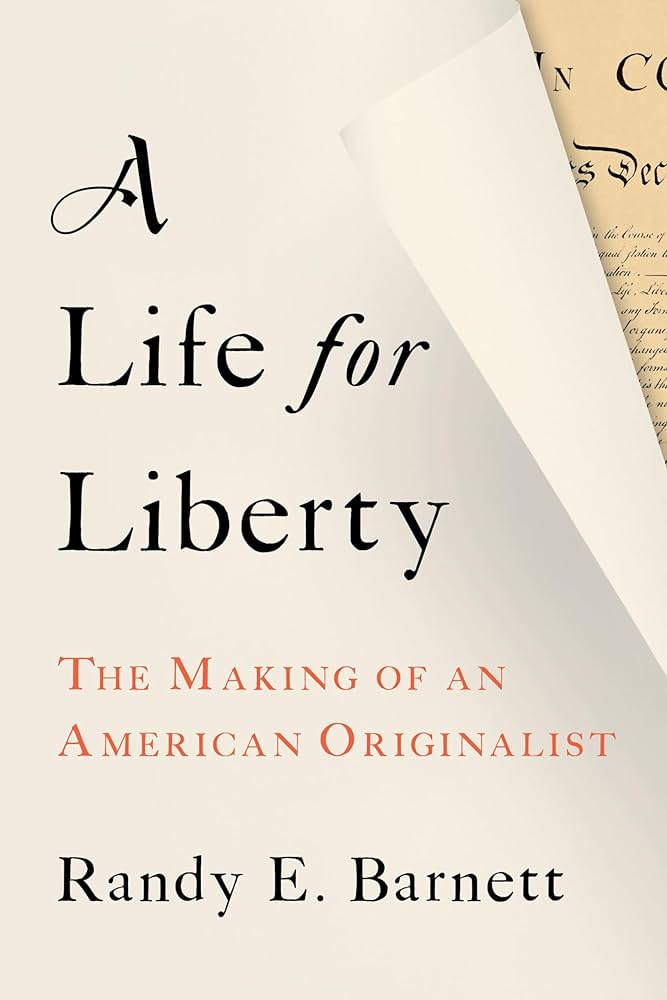Professor Aaron Zubia joins Anchoring Truths Podcast host Garrett Snedeker to discuss his new
book analyzing David Hume’s political theory with its implications on liberalism. Professor Zubia gives a glimpse into what the state of affairs was in the age of the Scottish Enlightenment, the ancient and Epicurean roots Hume has, and the modern applications and ramifications of his political theory. In a time of ever growing political turmoil, Zubia’s renewal of David Hume’s thought and proposal of a “politics of truth” is well worthy of listening.
Aaron Zubia is Assistant Professor of Humanities at the Hamilton Center for Classical and Civic Education at the University of Florida. He specializes in the moral and political philosophy of the Scottish Enlightenment and the American founding. His first book, The Political Thought of David Hume: The Origins of Liberalism and the Modern Political Imagination (ND Press) is available now.
His scholarly work has appeared in Hume Studies and Interpretation: A Journal of Political Philosophy. He has also written in The Wall Street Journal, National Review, First Things, Law & Liberty, Washington Examiner, and Public Discourse. He is the winner of the first annual Hume Studies Essay Prize for his paper, “Hume’s Transformation of Academic Skepticism,” and he was a runner up for the Jack Miller Center’s Excellence in Civic Education Award in 2021.
Previously, Zubia was a Postdoctoral Fellow with The Tocqueville Program in the Department of Politics and International Affairs at Furman University. In 2019-20, he was a Thomas W. Smith Postdoctoral Research Associate in the James Madison Program in American Ideals and Institutions in the Department of Politics at Princeton University. He holds an M.A. and Ph.D. in Political Science from Columbia University, an M.Div. from Princeton Theological Seminary, and a B.B.A. in Marketing from the University of Texas at El Paso. You’re encouraged to follow his work on his website.







